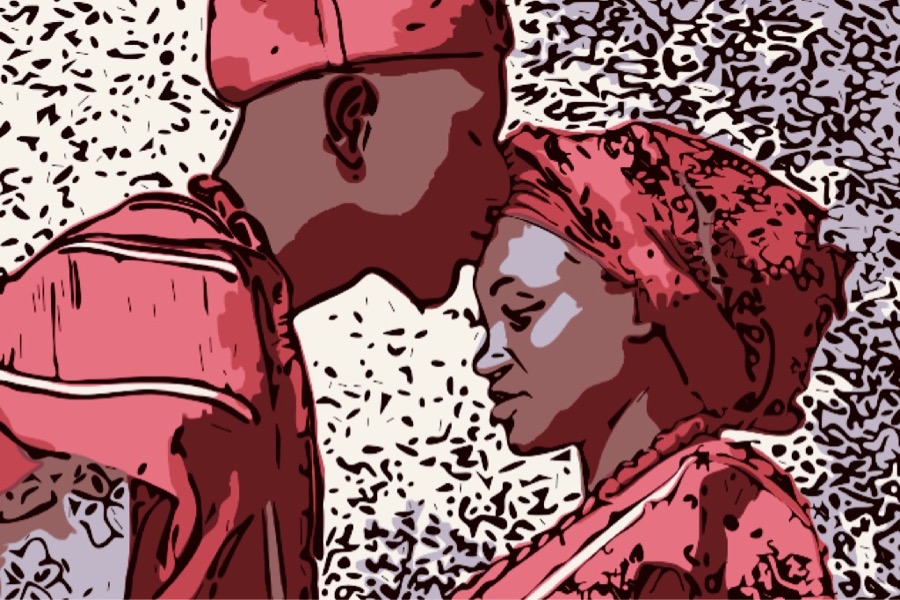Brazil is large as a continent and, even without considering the size, contradictions don’t seem to lack. Or at least this is the image you get by the news, that talk about a country with a great growing economy, about millions of people come out of poverty and – therefore – about apparently inexplicable protests. But the media seems to be unable to recognize the fragility of the new middle class and the slowdown of this process, in addition to tens of millions of poor people who are still waiting for the maintenance of government’s promises.
Similarly; the LGBT community’s claims may appear without a reason, after that the Supreme Court recognized same-sex unions, making them almost equal to heterosexual marriage. Instead, gay, lesbian and transgender people have returned to the streets in recent protests, not only to rebel against the violence which continue to hit homosexuals [BOL Notícias], but also to demand full equality and prevent any regression in terms of rights.
“The Brazilian LGBT movement participated in the demonstrations not only to claim equal rights for homosexual and transsexual people – says Julio Moreira, president of the group Arco-Iris and regional secretary of the Brazilian Gay, Lesbian, Bisexual, Transvestite and Transexual Association for the Rio de Janeiro’s area – but also to claim, along with the rest of the population, the improvement of public services, the reduction of inflation, the fight against corruption and the reform of politics.”
“Historically – continues Julio – the Brazilian LGBT movement has always been interested in socio-economic problems, knowing that the country’s development on the one hand is powered by ensuring equal opportunities and access to quality education and, on the other hand, has a direct impact on people’s behavior: it increases respect for the differences and makes our achievements more likely.”
In addition, the Brazilian LGBT community fears a conservative turning point: the granting rights process, initiated by President Lula, was interrupted and Dilma Rousseff disappointed the hopes. “The president let us understand that the Lula government’s progresses in recognizing of civil and social rights – says Julio – would continue with her government. Instead it happened that the federal government, with the pretext of ‘governability’, put itself in the hands of conservative sectors connected with some fundamentalist evangelical churches.” The gay and lesbian movement challenges also some specific regressions: “Talking about LGBT rights, some spaces for studying and contrasting homophobia were lost.”
There were problems also in Parliament: “The Chamber of Deputies’ Human Rights Commission – says Julio – is currently chaired by Marco Feliciano, who is both a member of the Parliament and a fundamentalist evangelical pastor: instead of promoting the human rights of our people, he has promoted a bill that would allow psychologists to treat homosexuality as a disease, using sexual conversion therapies that have been condemned by science. The main Brazilian LGBT associations and networks have been mobilized against this proposal, receiving the support of many organizations that are involved in human rights, and even of some religious institutions.”
Certainly, among the problems faced by the LGBT Brazilians, there is also the evolution (or perhaps, better to say, the involution) of the political proposal of the progressive forces, such as those that govern the state for the past ten years: “In my opinion, the LGBT movement is historically linked to the left-wing movements, that are fighting for social equality and against capitalism – explains Julio – There are LGBT sectors connected with the right, but they are only a minority. However, in Brazil as elsewhere, the present Left reflects a new reality: there is no longer a real left or a left that has the same structures of the past.”
“The relationship between capital and society – says Julio in conclusion – has adopted such a form that the majority of parties tends to take centrist positions. Negotiating directly with the forces that hold power, the LGBT movement has not accumulated enough strength to influence their decisions. And to open or to surrender to the appeals of this government’s parties doesn’t seem to be the right solution.”
translation by Pier
©2013 Il Grande Colibrì



